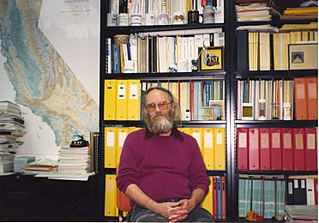A Quote by Marsha Blackburn
I fear that light touch regulations that have allowed the Internet to prosper will now be replaced by a heavy hand that stifles innovation and does not adapt well to change. The Internet is not broken.
Related Quotes
Beginning in the Clinton administration, there was, for nearly two decades, a broad bipartisan consensus that the best Internet policy was light-touch regulation - rules that promoted competition and kept the Internet 'unfettered by federal or state regulation.' Under this policy, a free and open Internet flourished.
I think they called me the closest thing to a God of the Internet. But at the end, that article wasn't very complimentary, because the author suggested that I wasn't doing a very good job, and that I ought to be replaced by a "professional." Of course, there isn't any "God of the Internet." The Internet works because a lot of people cooperate to do things together.
Before I became the president of AT&T's consumer division, I was running strategy and our internet services, so I was the president of one of the first internet service providers, ISPs, AT&T Worldnet, and running our internet protocol product development as well. So I knew a lot about what was going on with the internet.
Everyone should be concerned about Internet anarchy in which anybody can pretend to be anybody else, unless something is done to stop it. If hoaxes like this go unchecked, who can believe anything they see on the Internet? What good would the Internet be then? If the people who control Internet web sites do not do anything, is that not an open invitation for government to step in? And does anybody want politicians to control what can go on the Internet?
I think that the Internet is going to effect the most profound change on the entertainment industries combined. And we're all gonna be tuning into the most popular Internet show in the world, which will be coming from some place in Des Moines. We're all gonna lose our jobs. We're all gonna be on the Internet trying to find an audience.
































